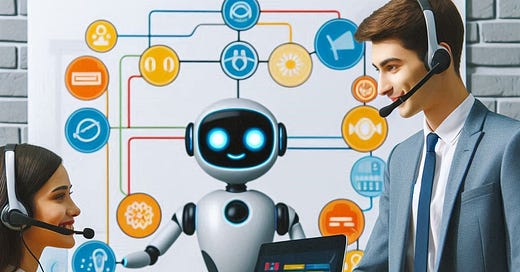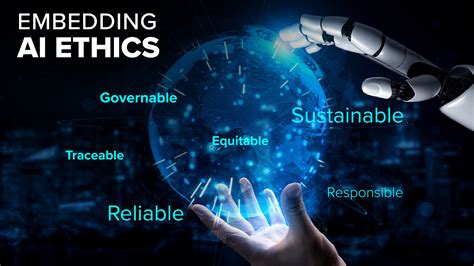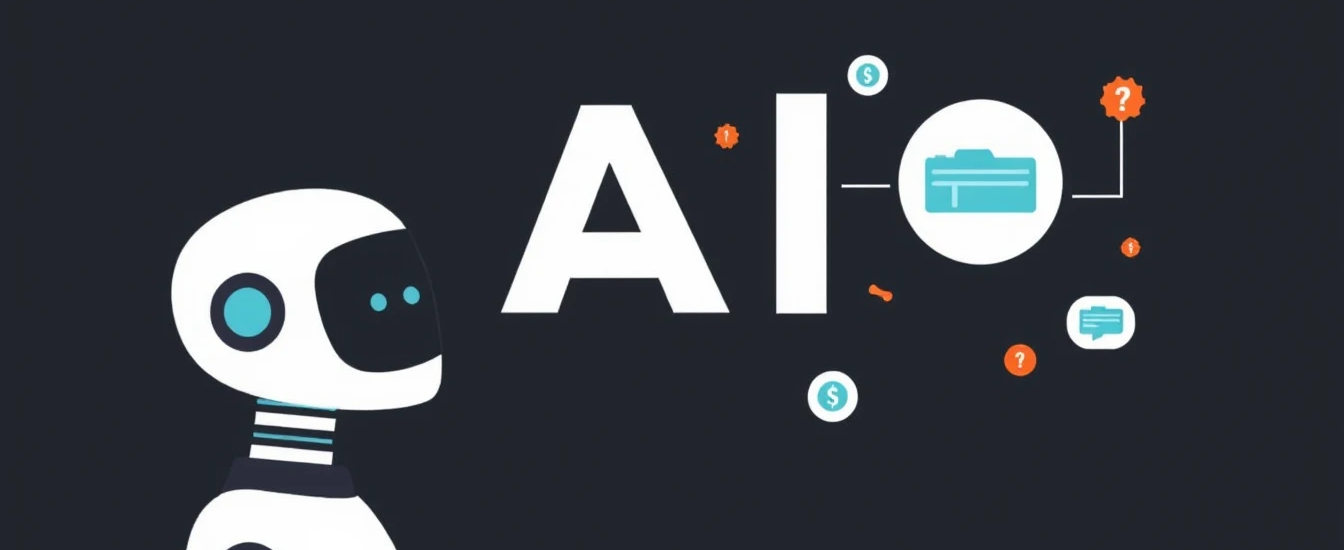Introduction
The rise of AI in content creation has sparked passionate debates across industries—from marketers to academics to creatives. One recurring concern is the perception that using AI tools amounts to “cheating.” This mindset, while understandable, overlooks a crucial truth: AI content generation is not a shortcut, but a transformation in how we create and communicate. Just as typewriters didn’t replace writers, AI is not here to override human creativity—it’s here to evolve it.
The Historical Context of Technological Evolution in Writing
Throughout history, technological advancements have revolutionized the way we write and share knowledge. From the printing press to word processors, each tool was initially met with skepticism. Yet over time, these innovations became integral to our workflows. The same resistance we see toward AI content mirrors these past transitions. Each era faced fears that new technology would “dilute” authenticity—yet each proved that tools, when used responsibly, enhance human potential.
What Is AI Content Generation?
AI content, or content generated through artificial intelligence technologies, uses machine learning algorithms and natural language processing (NLP) to produce written material. Popular platforms such as ChatGPT, Jasper, and Copy.ai harness these capabilities to help users create blogs, ads, product descriptions, and more. At its core, AI Content is a collaboration between human intent and machine learning—one that can scale content creation faster and smarter than ever before.
The Misconception: AI as a Shortcut
Skeptics often argue that AI-generated content lacks originality and diminishes human input. This mirrors the initial backlash against calculators in education—tools that were once banned are now essential. The reality is that AI does not replace human intelligence; it amplifies it. In marketing, for instance, it helps refine messaging, streamline ideation, and elevate performance. AI Marketing is about boosting strategy, not eliminating creativity.

Collaboration Over Replacement
AI thrives when paired with human oversight. Think of it as a co-writer that suggests structure, refines grammar, or proposes variations. In journalism, marketing, and academia, AI tools enhance speed and accuracy. B2B companies, in particular, are leveraging AI to support lead generation strategies. For example, creating SEO-optimized landing pages and email sequences tailored for B2B Leads is now faster and more precise thanks to AI-enhanced insights.

Ethical Content Creation With AI
AI Content should always be crafted ethically. That includes fact-checking outputs, ensuring alignment with brand values, and disclosing AI involvement when transparency is needed. Organizations like the Associated Press and Reuters have developed editorial guidelines for AI-generated content, showing how professional institutions adapt AI ethically without compromising integrity.
AI and the Democratization of Content Creation
Before AI tools became mainstream, content creation was often gated by skill, time, or budget. Now, small businesses, freelancers, and non-native speakers have the tools to create high-quality content at scale. This democratization is a key feature of AI (Artificial Intelligence), particularly in global markets where multilingual AI systems enable localized content creation. From startups to NGOs, access to effective communication has never been more equitable.
Maintaining Authenticity in the Age of AI
A legitimate concern is the risk of producing content that sounds generic. Authenticity comes from ensuring your AI-generated work reflects your brand’s voice, tone, and values. AI is only as good as its prompts and human editors. With strategic prompts and thoughtful editing, AI content can resonate with readers just as much as traditionally written content.
The Role of Creativity and Originality
Creativity remains the exclusive domain of the human mind. AI can assist with phrasing, formatting, and data retrieval, but original thought stems from human experience. Writers bring context, emotion, and perspective—qualities machines cannot replicate. Using AI to support ideation or structure frees up more time for creative exploration and deeper storytelling.
SEO and AI Content: A Perfect Match?
AI and SEO go hand in hand. Many AI tools are designed with keyword optimization, readability analysis, and content scoring built-in. For businesses, particularly those focused on AI Marketing, this means faster deployment of effective strategies. Google has clarified that AI-generated content is not penalized, as long as it is useful, high-quality, and original—a principle underscored in its Helpful Content Update.
Myths vs. Facts About AI-Generated Content
Let’s debunk some popular myths:
- Myth: AI content is plagiarized.
Fact: AI generates original text based on learned data, not copy-pasting existing work. - Myth: AI eliminates the need for writers.
Fact: Human input is essential for guiding and refining AI outputs. - Myth: AI content is always low-quality.
Fact: Quality depends on usage. With good prompts and human editing, results are outstanding.
Education and AI: A New Frontier
In academia, the debate is nuanced. While AI shouldn’t replace learning, it can assist with research, formatting, and grammar. Teachers and institutions are now exploring AI literacy—teaching students to critically engage with AI tools. The future of education lies not in banning AI but in learning to use it ethically and intelligently.
Challenges and Limitations
Despite its strengths, AI isn’t perfect. It can hallucinate facts, reflect biases from training data, and produce overly generic language. That’s why human supervision remains essential. For any business relying on AI to generate B2B Leads, due diligence in verifying information and ensuring clarity is non-negotiable.
Future Trends in AI Content Creation
AI’s future lies in personalization and multimodality. Soon, tools will generate integrated content across text, image, and video—enhancing digital storytelling. As these technologies evolve, we’ll see tighter integration across platforms, including CRMs, marketing automation tools, and customer experience platforms. IA is not just transforming content; it’s transforming industries.
Conclusion
AI content generation is not a loophole or a crutch—it’s a logical evolution in the content landscape. Used responsibly, it enhances productivity, expands creativity, and democratizes access to high-quality communication. Whether you’re a solopreneur, a B2B strategist, or a global brand, the future lies not in resisting AI but in collaborating with it to reach new heights of impact and efficiency.

